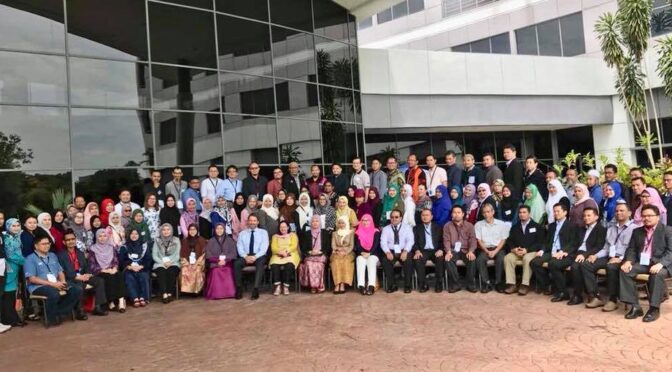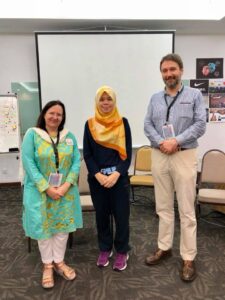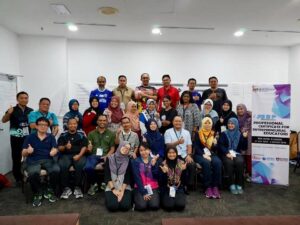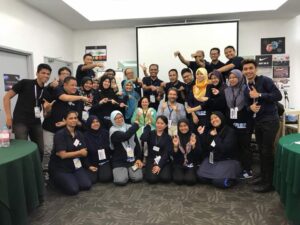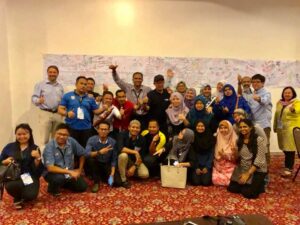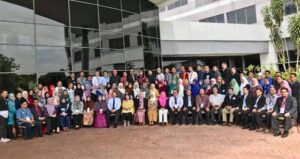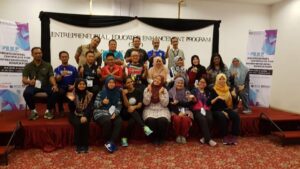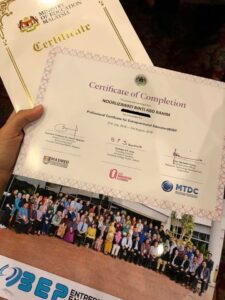CHALLENGES FACED BY ACADEMIC ENTREPRENEUR IN TECHNOLOGY TRANSFER PURSUIT

The development of academic entrepreneurship is often benchmarked by the rate of patenting, licensing and spin-offs creation. However, these traditional indicators inherently require a long gestation period to materialize, thus creating a challenge to gauge the progress of novice universities. This paper preliminarily assesses the nature of academic entrepreneurship from a developing economy perspective and explore common challenges faced by academic entrepreneurs in bringing research discoveries from lab to market. Survey questionnaires were distributed to academic entrepreneurs of a public university in Malaysia and a series of answers to an open-ended question were analysed through content analysis. Although the results showed the rate of patents, licensing and start-up creations are modest, however, most of the scientists have made significant progress to the pre-commercialization stage by developing prototypes with commercial potential. The content analysis revealed that scientists’ entrepreneurial characteristics and institutional support were among the main factors that affect the commercialization of research discoveries. These findings suggest for the relevant authority to take improvement measures to enhance the efficiency of Technology Transfer Office and for the private funders and government disbursing agencies to provide more transparency in decision criteria and to reduce the period of application process and approval results. Avenues for future research are recommended based on the findings derived from this single case study.
https://www.webofscience.com/wos/woscc/full-record/WOS:000734046700011?SID=F4PrTcAUETxLsLbLjHV
Read more




